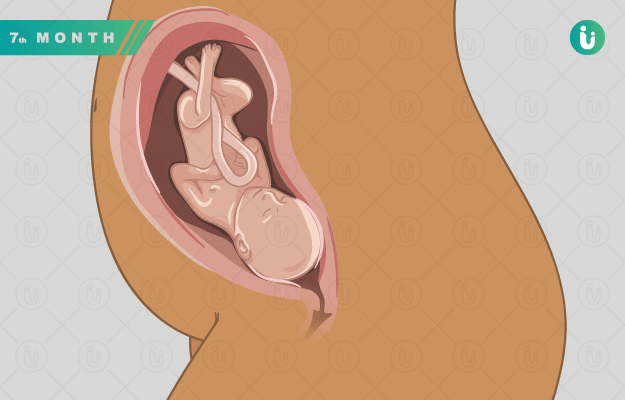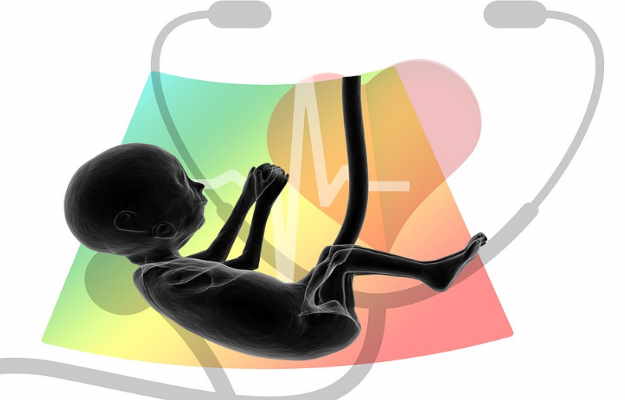During pregnancy, white or milky, thin, mild-smelling vaginal discharge called leucorrhoea is seen. It is considered to be normal, although its amount, frequency and consistency can vary. Increased vaginal discharge is one of the earliest signs of pregnancy and continues throughout pregnancy. Streaks of thick mucus are seen in the discharge in the last weeks of pregnancy, indicating labour.
Sometimes, there might be abnormal discharge from the vagina, which could be different in colour and have a bad odour, along with other symptoms. This needs to be treated by a physician.
- Signs and symptoms of vaginal discharge during pregnancy
- What causes vaginal discharge during pregnancy?
- Diagnosis and tests for vaginal discharge during pregnancy
- Treatment of vaginal discharge during pregnancy
Signs and symptoms of vaginal discharge during pregnancy
Symptoms of normal discharge include:
- Thin or thick mucus
- White or milky colour
- Mild smelling
- Streaks of blood towards the end of pregnancy
Symptoms of infected or abnormal discharge include:
What causes vaginal discharge during pregnancy?
The main causes of normal vaginal discharge include:
- Changes in the hormonal levels and the cervix (to allow baby to pass through)
- Bodily changes to help prevent infections
- Baby’s head pressing against the cervix (towards the end of the pregnancy)
Abnormal discharge can be caused by:
- Infections, commonly vaginal yeast infections
- Sexually transmitted disease (STD)
- Pregnancy-related complications, such as placenta previa or placental abruption
- A retained foreign material (tampon, condom) or inflammation (due to disinfectants, deodorants or lubricants)
- Cervical ectopy or polyps
- Tumours
Diagnosis and tests for vaginal discharge during pregnancy
The physician will take a complete history, including sexual and medication history, and also conduct a thorough examination of the vagina and the cervix using speculum, abdominal palpation and bimanual examination. Further tests which could be advised include:
- Testing the pH of vaginal secretions
- High vaginal swab (HVS)
- A triple NAAT (nucleic acid amplification test) for chlamydia, gonorrhoea and trichomoniasis
- Chlamydia screening
- Screening for STDs
Treatment of vaginal discharge during pregnancy
Management of vaginal discharge includes preventive as well as treatment measures such as:
- Trying to avoid infection by using comfortable, loose cotton underwear and keeping the genital area dry.
- Adding yoghurt and other fermented foods to your diet to promote vaginal health.
- To treat infections, vaginal creams or suppositories are advised, which could include:
- Fluconazole
- Clotrimazole
- Metronidazole
- Clindamycin 2% cream
- Itraconazole
Find Obstetrician and Gynaecologist in cities
- Obstetrician and Gynaecologist in Bangalore
- Obstetrician and Gynaecologist in Mumbai
- Obstetrician and Gynaecologist in Ghaziabad
- Obstetrician and Gynaecologist in Chennai
- Obstetrician and Gynaecologist in Pune
- Obstetrician and Gynaecologist in Delhi
- Obstetrician and Gynaecologist in Hyderabad
- Obstetrician and Gynaecologist in New Delhi
- Obstetrician and Gynaecologist in Gwalior
- Obstetrician and Gynaecologist in Gurgaon

































